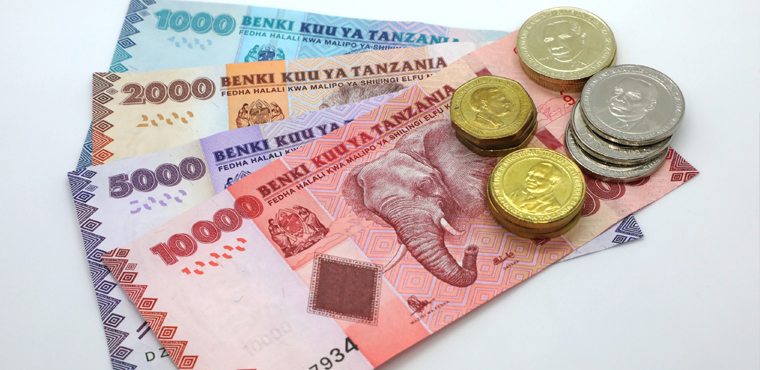In the vast plains of Tanzania, where traditional banking systems have often been out of reach for many, Microfinance institutions (MFIs) have emerged as a beacon of hope. With their grassroots approach, these institutions provide financial services and play a pivotal role in empowering individuals, especially women, and catalyzing socio-economic development.
Microfinance significantly affects women’s economic empowerment by improving women’s independent income, increasing asset possession levels, and enhancing monthly saving amounts. Moreover, studies proved that microfinance positively impacts women’s entrepreneurship development and business exposure.
Microfinance in Tanzania has its roots in the informal savings and credit groups, known locally as Vicoba. Over the years, this informal system has evolved, and today, Tanzania boasts a diverse Microfinance sector comprising non-governmental organizations, community-based organizations, and formal financial institutions. Microfinance institutions are effective instruments for providing basic services like saving, affordable credit, and skill training. Microfinance institutions are important economic development agents intended to benefit women and lower income people.
The Impact: Beyond Just Loans
Economic Empowerment: Microloans have enabled small-scale entrepreneurs to start or expand their businesses, particularly women. This has not only boosted household incomes but has also fostered a culture of entrepreneurship. Women’s access to savings and credit gives them a more significant economic role in decision-making through their decisions about savings and credit.
When women control decisions regarding credit and savings, they will optimize their and the household’s welfare. Investing in women’s economic activities will improve employment opportunities for women and thus have a ‘trickle down and out’ effect.
Financial Inclusion: In a country where a significant portion of the population lacks access to formal banking, MFIs have bridged the gap. They offer various services, from savings accounts to insurance, ensuring that financial services are accessible to all. Microfinance organizations have long been critical for fostering financial inclusion, particularly among underprivileged communities.
Skill Development: Many MFIs in Tanzania go beyond financial services. They offer training programs in financial literacy, business management, and vocational skills, equipping individuals with the tools to succeed.
Women’s Empowerment: Given that women are often the primary beneficiaries of microloans, microfinance has played a crucial role in empowering Tanzanian women, giving them financial independence and a voice in household decisions. Microfinance significantly affects women’s economic empowerment by improving women’s independent income, increasing asset possession levels, and enhancing monthly saving amounts.
Opportunities Within Microfinance Institutions
While the impact is undeniable, the sector faces its share of challenges. It is still maturing, and regulatory frameworks are evolving. This sometimes leads to uncertainties for microfinance institutes. Although microloans have empowered many, they also come with high default rates.
It’s a risk to the sustainability of Microfinance Institutes. And despite its growth, many remote regions in Tanzania still remain underserved. Many MFIs, especially smaller ones, face capacity constraints, limiting their ability to serve more people and offer a wider range of services.
The future of Microfinance in Tanzania is promising, with several opportunities. With the rise of mobile banking and fintech, there’s potential for Microfinance Institutions to leverage technology, making services more accessible and efficient. Beyond just loans, there’s scope for Microfinance Institutes to offer a diverse range of financial products, from insurance to pension schemes.
Another opportunity is the partnerships between MFIs, tech companies, and traditional banks that can lead to innovative solutions, expanding the reach and impact of microfinance. By adopting sustainable business models and focusing on financial literacy, MFIs can empower individuals and ensure long-term sustainability.
Generally, Microfinance in Tanzania is a testament to the power of grassroots financial solutions in driving economic empowerment. While challenges persist, the sector’s commitment to making a difference is unwavering. For experts in the field, Tanzania offers a unique canvas to innovate and expand.
The story of Microfinance in Tanzania is an inspiring tale of how small-scale financial solutions can have a large-scale impact. As Tanzania continues on this journey, it not only charts a course for its economic development but also offers valuable insights for other nations looking to harness the power of microfinance.

